In the city of Bengaluru in southern India, a Japanese-style general hospital is leveraging its know-how to conquer India’s medical-care challenges, demonstrating positive results. What approaches should be taken within flexible and advanced medical care to meet the needs and match the realities of a rapidly growing emerging country?
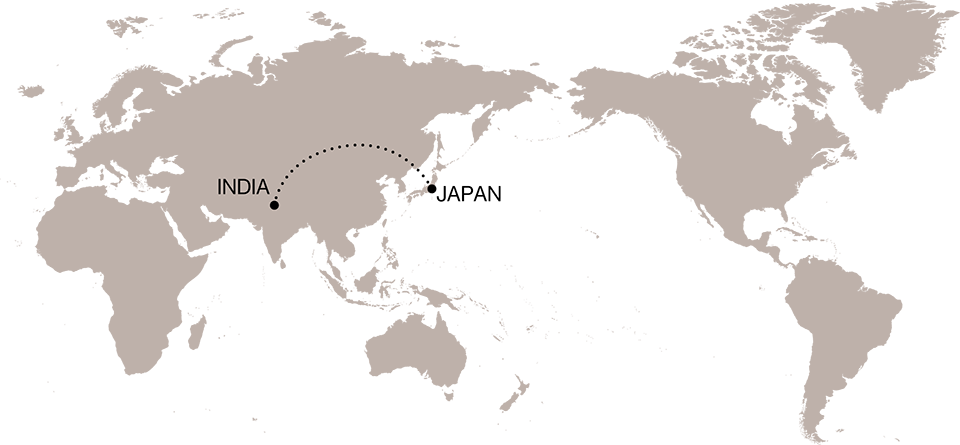
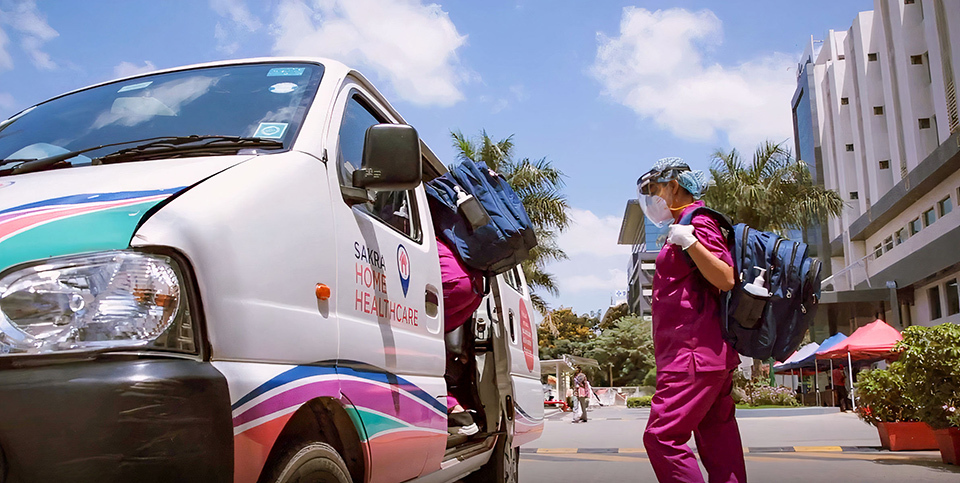
In 2019, Sakra World Hospital began offering a home-care service to support discharged patients. Staff members make visits to patients’ homes to perform nursing care, take blood samples, and offer rehabilitation. In those activities, they make use of know-how developed in Japan to cope with the country’s aging population.
Bengaluru in southern India is a city that encapsulates the dynamically growing India of today. While it is a modern city with an intense concentration of IT and biotech industries—not to mention its population of over 10 million—it also faces multiple challenges, such as poverty and slow progress in the development of its social infrastructure. With a growing economy and the largest population in the world, the demand for quality in the field of medical care across the country as a whole is also rising, but access to such services is meager, with shortages of both doctors and hospital beds. There are also serious inequalities in the country’s medical care due partly to the underdeveloped health insurance system.
Recent years have seen Japanese companies initiating activities in India to address such issues. A leading pioneer in the field is Bengaluru’s Sakra World Hospital, the first general hospital in India to be run by Japanese management. It has more than 220 physicians providing advanced acute care in over 35 specialist fields, including those related to neurological disorders and cardiovascular and digestive diseases. It is operated by Secom Medical System Co., Ltd., which, among other activities, engages in hospital management support and offers home nursing services in Japan, and Toyota Tsusho Corporation, the trading arm of the Toyota Group.
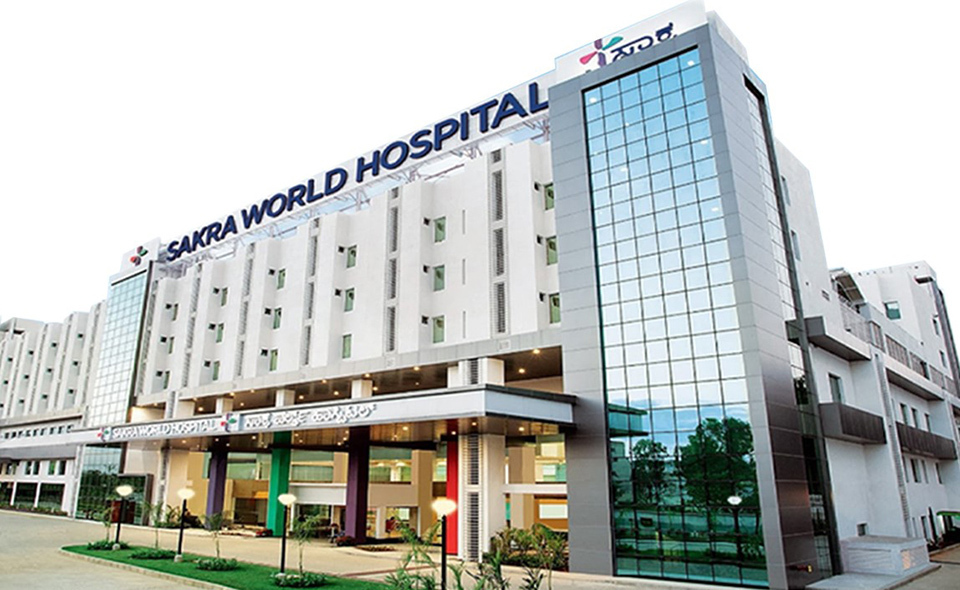
Equipped with an emergency outpatient ward and rehabilitation center, Sakra is located in the Bellandur district of southeastern Bengaluru, where IT companies are concentrated. In 2025 or 2026, a second hospital is set to be established in a different district of the city, offering advanced forms of care such as cancer treatment and comprehensive health checkup services, among others.
The hospital now has some 1,400 new inpatients per month, but when it was founded in 2014, it initially faced a mountain of challenges—from the establishment of an adequate management system to the development of human resources. ISHIDA Shiori of the hospital management division of Secom Medical System said, “While learning from scratch about medical care in India, we have strived to create a system that provides safe medicine.” By practicing kaizen (the business philosophy of constantly reviewing operations to improve work efficiency and safety) in all its departments, the hospital upgraded the effectiveness of many of its operations—including responses to nurse calls and waiting times in the hospital pharmacy—and significantly enhanced the awareness of the staff.
Focus is also placed on interaction with Japanese medical institutions. Not only do doctors actively conduct mutual visits and joint case reviews, but selected members of the nursing team also visit Japanese hospitals to learn about nursing operations. “This training has had a significant impact. The key to attracting and developing excellent human resources is the provision of learning opportunities that money cannot buy,” said Ishida.
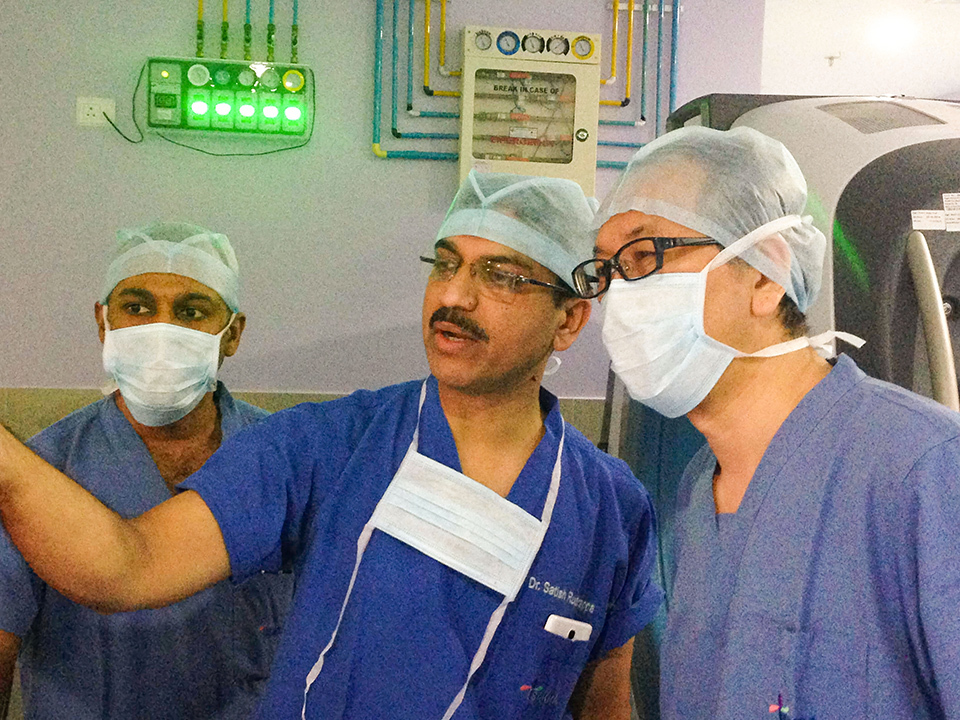
Sakra is partnered with Japanese hospitals that provide advanced medical care, and actively engages in staff exchanges with them. According to Ishida, Japanese doctors also have much to learn from Sakra, thanks to its many doctors with experience in Western countries, as well as its abundance and variety of case studies.
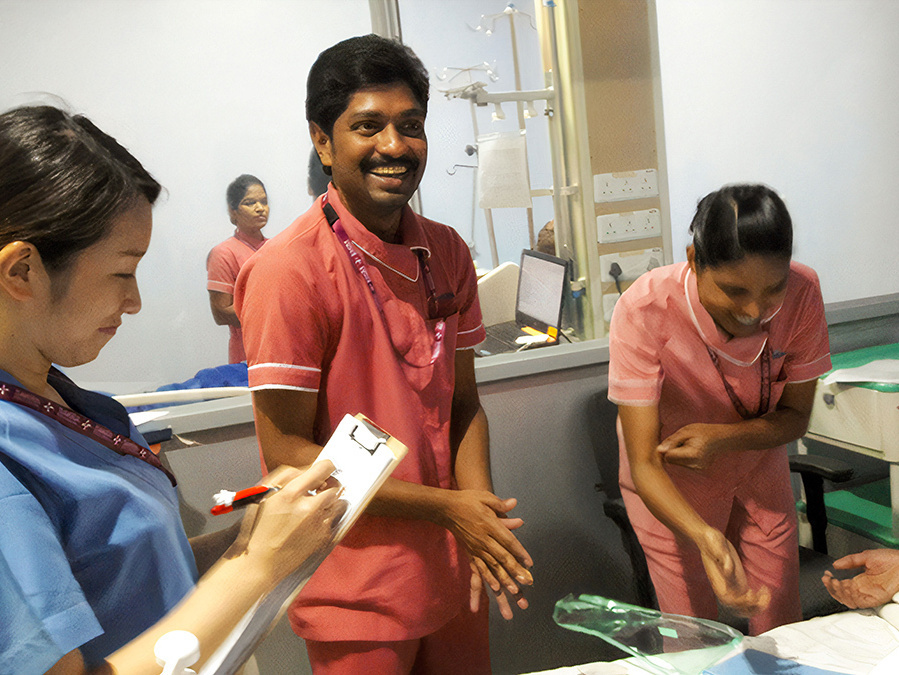
Making use of Japan’s nursing-education know-how, the hospital imparts not just nursing techniques but also such other skills as those related to hospitality. Sakra has created a career path that promotes excellent nurses to more important positions, which has improved their motivation and awareness.
While enhancing the quality of medical care, the hospital also aims to provide care to a broader swath of the population. Nearly 50 of the 307 hospital beds are the simple economy type, enhancing accessibility for lower-income patients. Amid the COVID-19 pandemic, more than 5,900 patients, regardless of financial status, were treated. “At first, there were some who were strongly opposed to such an indiscriminate approach to treatment. But the hospital’s emphasis on the equality of all human lives helped it to gain the trust of the local people,” said Ishida. The number of patients choosing the hospital has continued to increase, even since the pandemic’s containment.
Now, one future goal of the hospital is to build a system providing seamless care—from convalescent care following hospital discharge to home medical-care support—by establishing clinics and providing home-care services in the surrounding communities. Ishida explained that “primary care and postoperative follow-ups will be conducted at clinics or at home, and patients who need detailed examinations or surgery will be sent to Sakra. In Japan, this is known as a ‘community-based integrated care system,’ but the concept itself has yet to be introduced to India on a national scale.” Since 2019, Sakra has been operating its first clinic and offering home-care services. Utilizing the experiences at Sakra to build a system that meets the needs of Indian society: such efforts will surely constitute a step toward a more secure and abundant future.

“Over the course of many years, Sakra has cultivated an approach that emphasizes the equality of life. Thanks to that, some people, confident in getting treated, traveled long distances to the hospital during the COVID-19 pandemic. We want to continue to cherish that culture,” said ISHIDA Shiori of the hospital management division of Secom Medical System.






























